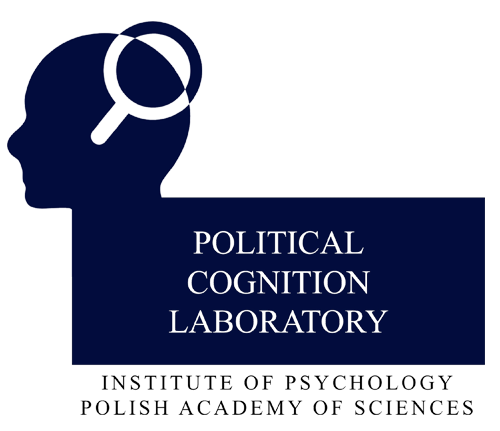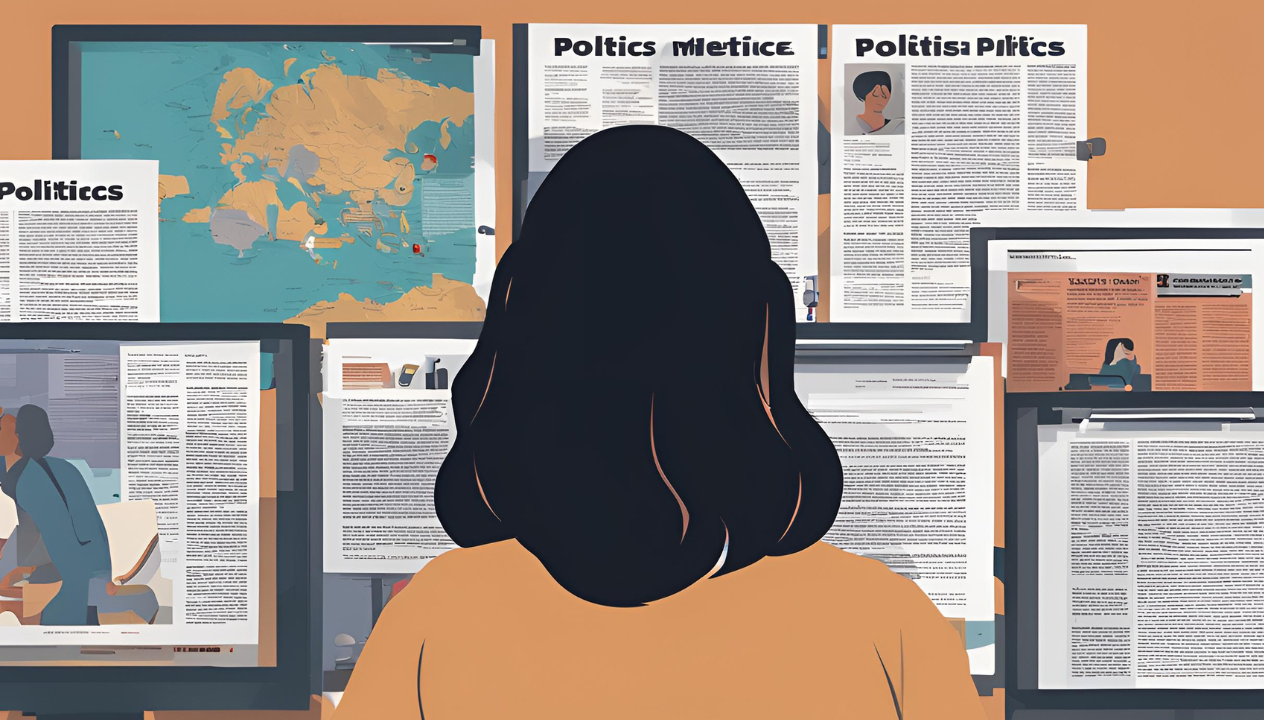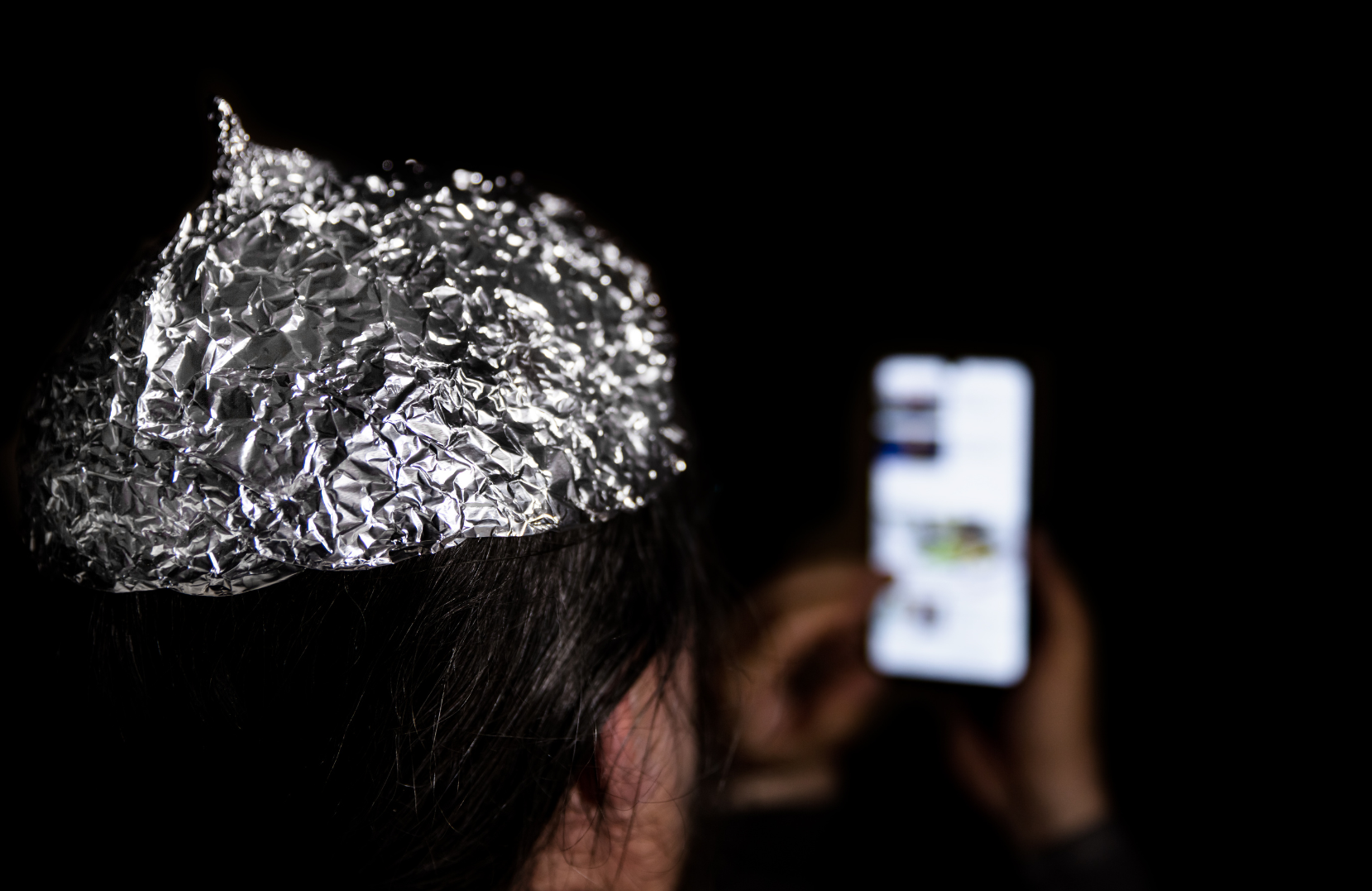An answer to that question can be found in a new article published in Current Opinion in Psychology!
What makes individual narcissism a predictor of beliefs in conspiracy theories? There are at least a couple of possible explanations for that relationship. You can now read more about this issue in an article co-authored by Aleksandra Cichocka (University of Kent), Marta Marchlewskia (IP PAN), and Mikey Biddlestone (University of Cambridge). The text can be accessed through the link below:
Why do narcissists find conspiracy theories so appealing?
Abstract
Narcissism—a conviction about one’s superiority and entitlement to special treatment—is a robust predictor of belief in conspiracy theories. Recent developments in the study of narcissism suggest that it has three components: antagonism, agentic extraversion, and neuroticism. We argue that each of these components of narcissism might predispose people to endorse conspiracy theories due to different psychological processes. Specifically, we discuss the role of paranoia, gullibility, and the needs for dominance, control, and uniqueness. We also review parallel findings for narcissistic beliefs about one’s social groups. We consider the wider implications this research might have, especially for political leadership. We conclude by discussing outstanding questions about sharing conspiracy theories and other forms of misinformation.
Keywords
narcissism
collective narcissism
conspiracy theories
paranoia
uniqueness









